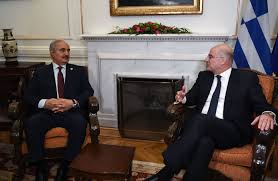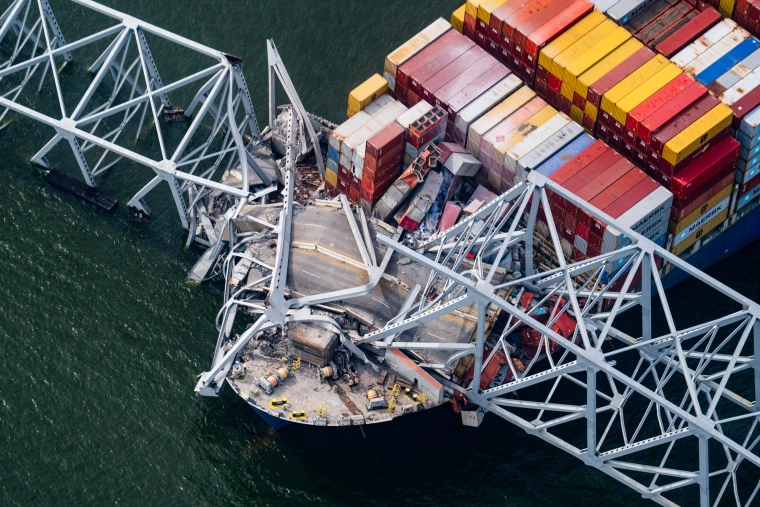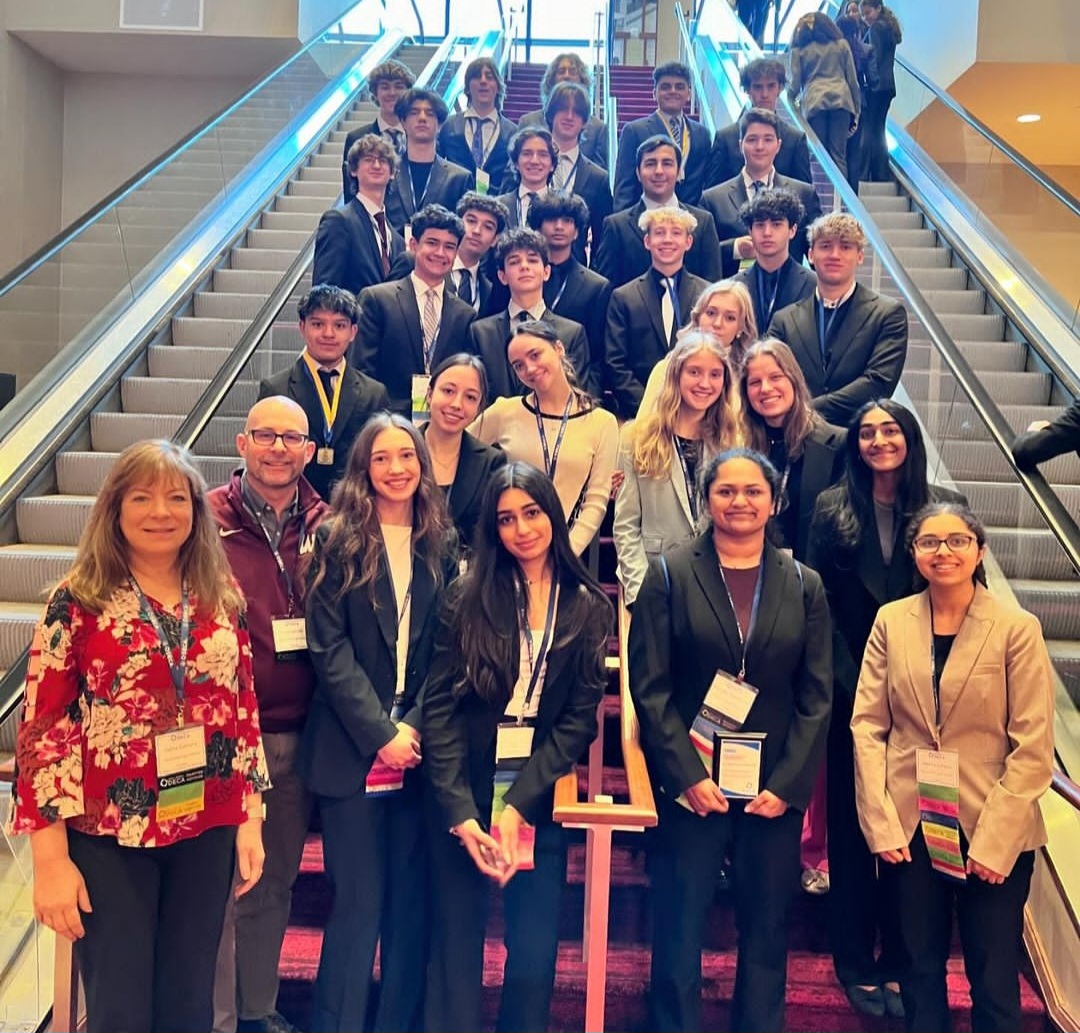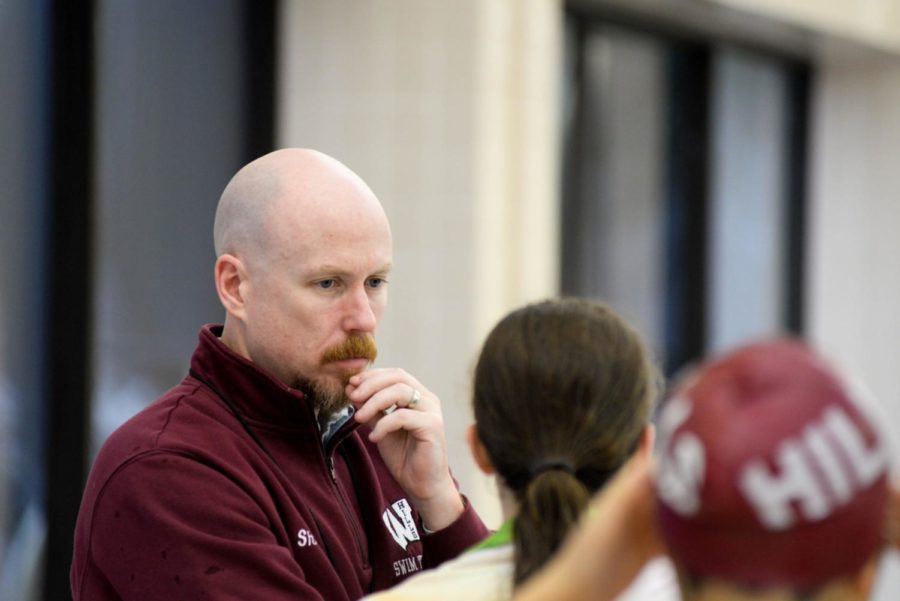Efforts to Stop Conflict in Libya have Failed

February 5, 2020
Despite UN efforts of world leaders to stop fighting in the Libyan Civil War, the war continues to destroy the nation from the inside out.
Fighting in Libya began nine years ago when ruler Muammar el-Qaddafi was killed during the 2011 Arab Spring Revolt. The conflict has since threatened access to Libya’s immense oil and gas supply for the world’s energy market, posed a threat for African migration into Europe, and has created a safe haven for extremists in the country’s widespread desert land.
However, the current fighting began last year when forces under military leader Khalifa Haftar, backed by Russia and the United Arab Emirates, attacked the capital of Tripoli and caused a threat to the headquarters of the United Nations-sponsored provisional government.
During an international conference in Berlin on January 19, world leaders had the intention of ending foreign interference in Libya’s conflict which included to stop financing sophisticated weaponry like drones and to stop sending troops to both sides of the conflict.
Yet, despite efforts of peaceful resolution, forces under Haftar attacked those led by Libya’s Prime Minister Fayez al- Serraj and backed by Turkey who are defending the capital of Tripoli just last week. It is said that Turkey also deployed troops to help forces in Tripoli at the same time. Both sides are blaming each other for breaching away from their agreement to stop conflict in Libya.
Russian and Turkish officials traveled to Moscow following the attacks in order to reach a long term agreement. Fayez al-Serraj signed the agreement, while Haftar insisted on more time to review the document. Haftar left Moscow without signing the deal.
“I don’t understand why foreign powers have to intervene in Libya’s affairs. It seems like they’re creating unnecessary conflict” says senior Angelina Lamanna.
















